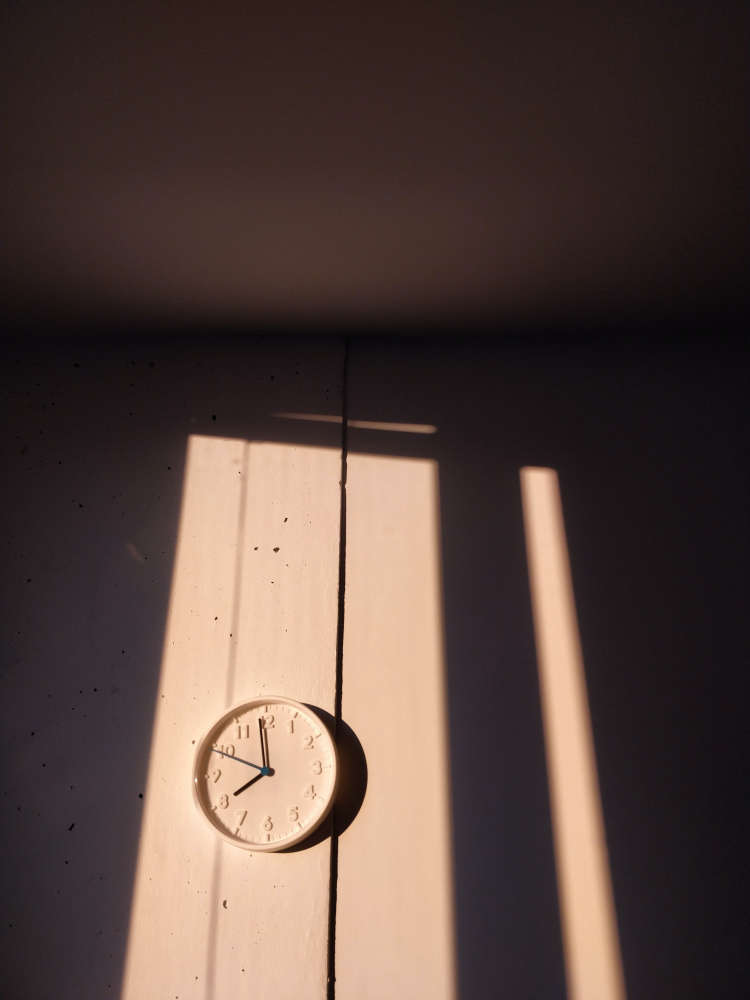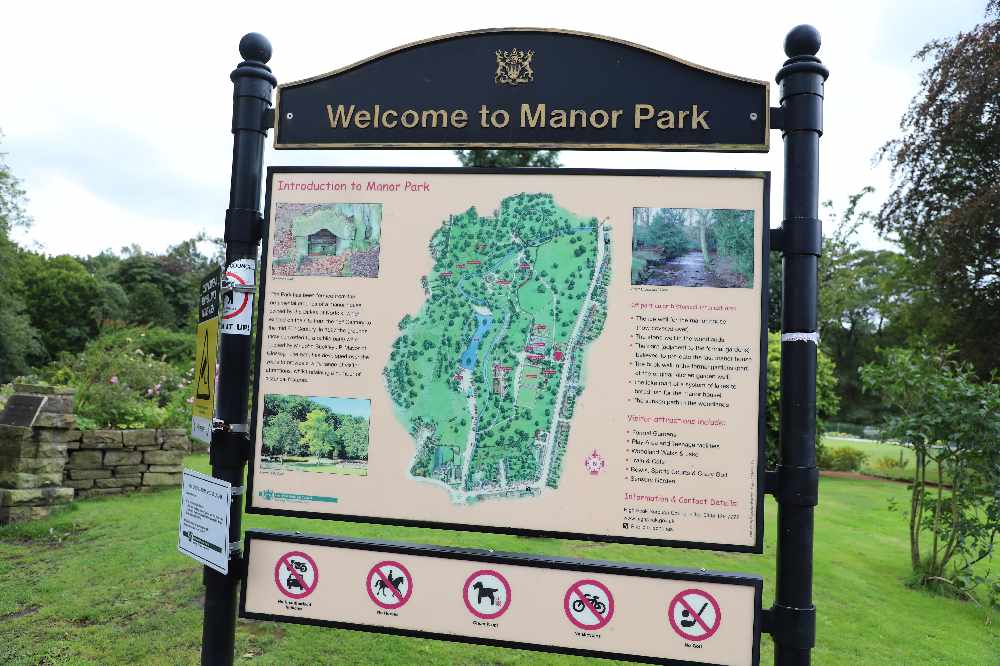
A leading charity has warned that people suffering from dementia could be badly affected when the clocks go back an hour.
For people with dementia when the clocks change and go back an hour on October 31, it may well cause more than just surprise. People with dementia can find themselves particularly disorientated by the change, warns the Alzheimer's Society.
People’s responses will vary – some people with dementia may find this upsetting and become tearful, whereas others may become angry or agitated, and still others might respond in a more light-hearted way. Others may not even notice that much. It will of course depend on the individual.
The main difficulty that people with dementia might experience when the days get shorter is of an increase in ‘sundowning’. This can be seen as changes in the person’s behaviour in the later afternoon or towards the end of the day. During this time the person may become intensely distressed or confused or have hallucinations or delusions. This may continue into the night, making it hard for them to get enough sleep.
The fact that the mornings are darker may well have an effect too, as someone with dementia may find it difficult to differentiate between, say, 6am and 6pm. The use of clocks that show both the time and also whether it is evening or morning may help here. These are available from Alzheimer’s Society’s website.
Having a routine during the day and at bedtime can help when a person’s body clock doesn’t work as well as it should. Doing regular activities at the same time each day – for example, going out for a walk after breakfast, playing a game after lunch or listening to the radio together in the afternoon can help make sense of the time.
Going outside in the daytime, ideally in the morning, can help to set the person’s body clock too, making them feel sleepy during the evening. If the person can’t go outside in the daytime, you could use a lamp or lightbox that creates a bright indoor light. These devices have a similar effect to natural light on the person’s body clock.
If you’re affected by dementia, call Alzheimer’s Society’s Dementia Connect support line on: 0333 150 3456 for information, advice and support or visit alzheimers.org.uk


 Think! Fatal 4 Offences
Think! Fatal 4 Offences
 Free football to counteract anti-social behaviour
Free football to counteract anti-social behaviour
 Don’t Be Puzzled by Dogs Wearing Muzzles
Don’t Be Puzzled by Dogs Wearing Muzzles
 Extra trains running for racegoers to the Grand National
Extra trains running for racegoers to the Grand National

